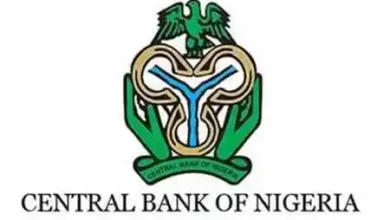
The International Monetary Fund (IMF) has reduced the nation’s economic growth projection from 3.3% to 3.1% in 2024.
IMF, however, left its 2025 projection for the country unchanged at 3.0%.
It attributed this to a weak growth recorded in the first quarter of 2024.
The nation’s Gross Domestic Product (GDP) grew by 2.98% (year-on-year) in real terms in the first quarter of 2024.
This growth rate was higher than the 2.31% recorded in the first quarter of 2023 and lower than the fourth quarter of 2023 growth of 3.46%.
The performance of the GDP in the first quarter of 2024 was driven mainly by the Services sector, which recorded a growth of 4.32% and contributed 58.04% to the aggregate GDP.
The agriculture sector grew by 0.18%, from the growth of -0.90% recorded in the first quarter of 2023. The growth of the industry sector was 2.19%, an improvement from 0.31% recorded in the first quarter of 2023.
In terms of share of the GDP, the services sector contributed more to the aggregate GDP in the first quarter of 2024 compared to the corresponding quarter of 2023.
The negative performance of the Q1 2024 GDP was blamed on the aggressive hike in monetary policy rate by the Central Bank of Nigeria (CBN) in February 2024.
Speaking on the development, renowned Professor of Banking and Finance at the Nasarawa State University, Uche Uwaleke said, the identified growth pattern, weighted in favour of the services sector, was not healthy for a developing economy such as ours.
“Little wonder, economic growth does not appear inclusive reflecting in rising unemployment and poverty levels.
“It is time we reset this faulty economic structure, leveraging technology, in favour of the productive sectors: Industry and Agriculture.
“Indeed, structural change is strongly recommended (by UNCTAD) as one of the ingredients of building productive capacities”, he said.






